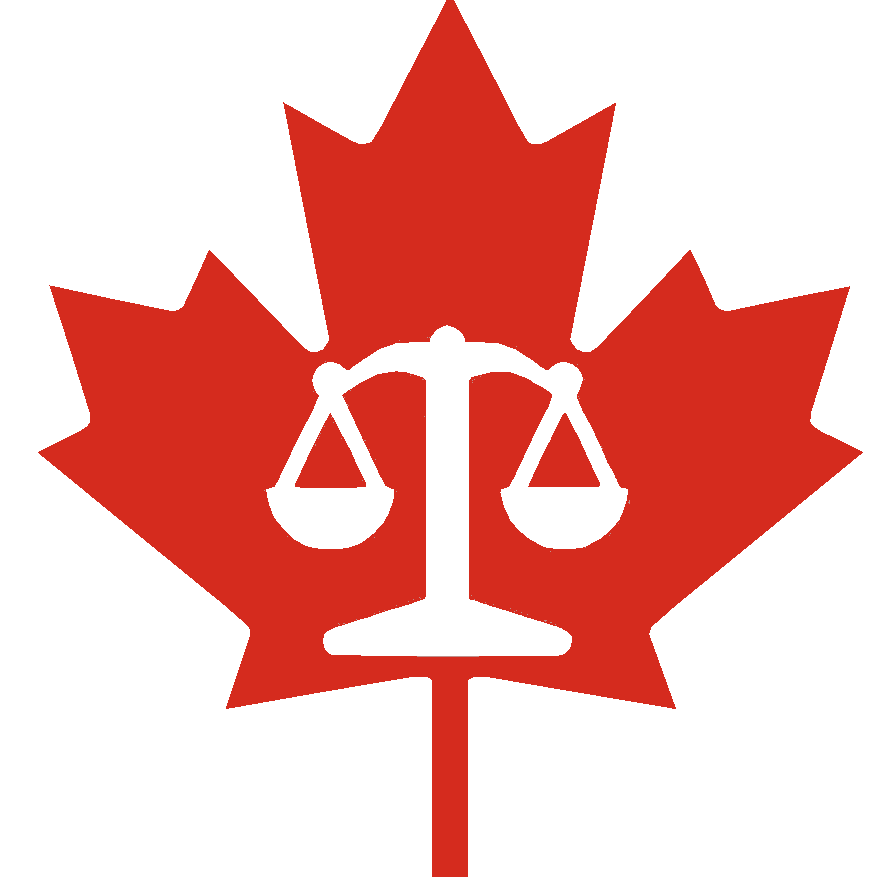If you have been injured in an accident or you have been looking into personal injury law, you may have heard or read that personal injury law is “tort law”. But what is tort law anyway? And what are the principles that guide this area of law in Canada? This blog post aims to provide a simplified overview of tort law generally and its main guiding principles.
Why is it called “tort” law?
Tort is a technical legal term. The term is derived from the Latin word tortus, meaning crooked, and the French word tort, meaning wrong. As you can see, the concept of wrongdoing, or things not being quite right, factors heavily into the term “tort” and tort law itself.
What is tort law?
Tort law, generally speaking, is law regarding civil wrongs, other than breach of contract.

Breaking that definition down a bit further into its important parts, one must note that:
- Tort law is considered to be an area of civil or private law. That is to say, tort law is not public law. This means that tort law primarily involves issues between private legal persons (this includes corporations). Tort law is not so concerned with the interactions and issues between private legal persons and the public state. For example, a private law dispute may involve an allegation by one person that another person or corporation has, through their negligent actions or inactions, caused them harm. In contrast, a public law dispute may be an allegation by a person that the government or state has interfered with their Charter or Constitutional rights.
- Tort law involves “civil wrongs”. That is to say, tort law is not concerned with criminal wrongdoing. Although the two may overlap to some extent and one set of facts might give rise to both criminal and civil proceedings. On a practical and constitutional level, this means that in Canada, tort law falls primarily under the provinces’ legal jurisdictions. And, as such, tort law varies by province. At Moustarah & Company, we focus primarily on tort law in the province of Alberta.
- Furthermore, tort law is not concerned with “wrongs” in the general sense. A person may feel that they have been wronged because someone has been unfair or disrespectful of them, but it is not a tort or “civil wrong” unless the law sets out that it is an established wrong. That is to say, torts do not emerge out of thin air, but are part of a long and established legal history that recognizes that, in law, some wrongs and the losses caused by them are compensable. Personal injury law from motor vehicle accidents have a long and established legal history.
- Tort law is separate from contract law, and breach of contract is not a tort. Although the contract and tort law do often interact such as in insurance law and litigation.
What are the main principles of tort law?
Tort law is vast. It covers many different types of interactions, people, conflicts, facts, damages, injuries, and losses. There are personal injury torts, damage to property torts, privacy torts, business torts and more.
However, at its core all tort recognizes that sometimes in the interactions between legal persons, wrongdoing may occur and that wrongdoing may cause damage, injury or loss. Tort law aims to take a party who has suffered damages, injury, or loss at the hands of another, and put them back in the position that they would have been in but for the wrongdoing. This means that much of personal injury law is tort law.
Court Actions
Unfortunately, the actions that a court can take and the orders that they can impose to put the injured party back in the place they would have otherwise been in are limited. Simply put, courts don’t have time machines. Therefore, tort law, at its core, is about the principle of “damages” or compensation. The Court may not be able to undo an invasion of privacy, bring a business back from the brink of financial ruin, or undo broken bones. But it can and does routinely order wrongdoers to pay money to those that they have injured to compensate them for their losses.
It is up to the courts, in deciding a tort law case, to determine what losses or injuries were caused by the wrongdoer, and to what extent those injuries are compensable. Or to put it another way, all tort law involves two linked considerations: liability and quantum of damages.
Extensive Knowledge Unwavering Dedication
780-428-6565
Free consultation
The information provided on this website does not constitute legal advice and should not be construed as such. Moustarah & Company does not guarantee that this information is accurate or up to date. As a result, should you require legal advice, please contact a lawyer.


